Twarz (Mug): An interview with Małgorzata Szumowska and Michał Englert
Berlinale is like a second home to Małgorzata Szumowska. The Polish director won the festival’s Teddy award (for films addressing LGBTQ issues) with In the Name of in 2013, and she won the best director award for Body in 2015. She returns to Berlinale with Twarz (Mug), a viscerally hilarious and visually distinctive story about a young man who receives the first ever face transplant in Poland. The film holds up a mirror to contemporary Poland, and the reflected image can be uncomfortable, as well as very, very funny. We sat down with Małgorzata and the film’s co-writer and director of photography, Michał Englert.
The first scene is quite remarkable. Tell us about this so-called underwear sale where customers have to strip down to their underwear to receive a discount. What are the origins of this scene – do such sales really exist in Poland?
Małgorzata Szumowska: They are not getting undressed, but–
Michał Englert: Sometimes they do! And not only in Poland.
MS: It’s very funny that young people in Poland are sharing stuff from YouTube, and these special sales are very popular, like crocs, you know – the shoes. A crocs sale at Lidl, for example. And then you see a line of people standing from the morning, while it’s dark, and then they’re running and fighting for the crocs. Or they’re fighting for fish, during Christmas, and you have these films on YouTube where they’re fighting! It came from this, I said: “Oh my god, it’s so funny, we have to do it. It’s a real fact.” But I think it has something to do with 89. We were in deep, deep communism and then capitalism entered the country, and the people still – especially in my generation and older generations – they still have this desire for material things. For example, it’s the opposite in Scandinavia, or Berlin, but in Poland there’s still this hunger for having something. I think it’s also a kind of metaphor for what happened in Poland in 89.
Has Poland changed that much under capitalism?
MS: They feel very comfortable in capitalism. The economy is growing very fast, and we didn’t have the economic crisis, and we don’t have unemployment. I would say there is a new class – the middle class – in Poland. This didn’t actually exist before. Those people are doing very well. I think that they almost forgot how it was.
ME: We still have this kind of contrast. We still have the generation who was born under the communist regime, and they remember. That’s why they have this need for whatever they can buy. This still exists. And we have these totally new generations – the young people – and they have no complex. It’s very interesting to observe, and it ends up as a big contrast.
You use a lot of black comedy in the film. Is this a direction you want to move in with your work?
MS: There’s a stronger appetite with me to create comedy. The older you get, I think you laugh more at reality. You’re not taking everything so seriously. We did it on purpose – we wanted to make a funny film, not something so deadly serious. Even with my next film, we want to go even further into comedy.
In the English-speaking press, there has been a lot written about Poland moving to the right in terms of politics, of conservatism. It feels like your film is a reaction to this. Are you angry about what is happening in your country?
MS: I’m very angry. This film is definitely a kind of statement about what is going on in Poland. Like, people are completely locked. This is a paradox, that they are OK because they have money, etc, and we don’t have refugees. They’re happy that they live in a white country for white Catholics – Pollacks. They are creating an extremely locked, hermetic environment, which is also locked from the unknown, from the others, etc. So the movie is a reaction to that. And what is going on in Poland is very sad, a very complex, a very complicated situation. But I’m afraid it’s not only Poland. It’s also in the UK too. The UK, the US…
ME: You can see that they’re creating a bubble.
Michał, you’re both a co-writer and the director of photography. What is it like to write the words as well as having an active hand in how they’re depicted on screen?
ME: The way we write together is quite minimalistic. Because we know that the real language needs to happen on the big screen, it has to be visual, it has to be cinematic. So the writing is rather basic – just to explain the concept – and of course someone has to communicate with the potential readers of the script. I think it’s very compact in a way. We learned in film school that when you write a script – one sentence, one line, is basically one take. So there is something about that. I mean, you have something in your mind, a vision. But maybe it’s sometimes a waste of time to make big literature. So as much as you can describe the mood, you want to just go straight to the point. For me, and I think for Małgorzata too, it’s very effective.
Was it difficult to get the necessary funding for the film in Poland?
MS: It wasn’t difficult because we’ve been working on the movie for two years. We got the budget from the previous–
ME: We started in a different Poland.
MS: So somehow the movie is now more actual, and two years ago it wasn’t that actual.
So things are changing. Are you worried about how easy it will be to get funding for your future projects?
MS: I’m happy because I already received the budget for our next project from Poland – about the middle class. I hope it won’t change for the second part of the budget, but let’s see. You never know. And the second part we need to get from Germany. It’s hard to say because the head [of the Polish film funding body] is a new guy,and we don’t know how he’s going to act. We don’t know yet. And let’s see.
Do you feel it’s important to stay in Poland, telling Polish stories on the big screen?
MS: I’ve told so many stories about Poland that now I’m actually thinking about maybe, after the next one about the middle classes, I would really like to make an English-speaking movie!
Oliver Johnston
Twarz (Mug) does not have a UK release date yet. Read our review here.
Read more reviews from our Berlin Film Festival 2018 coverage here.
For further information about the event visit the Berlin Film Festival website here.


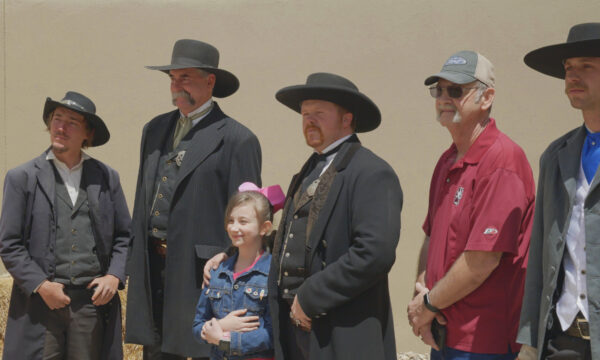
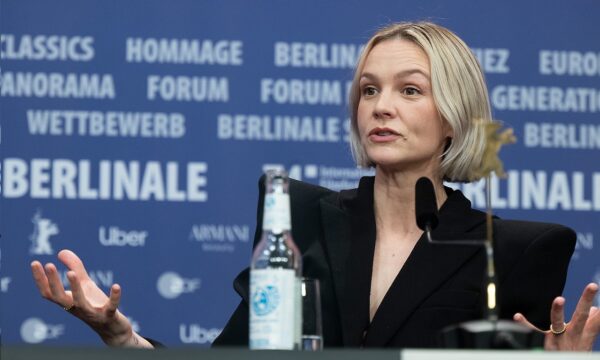
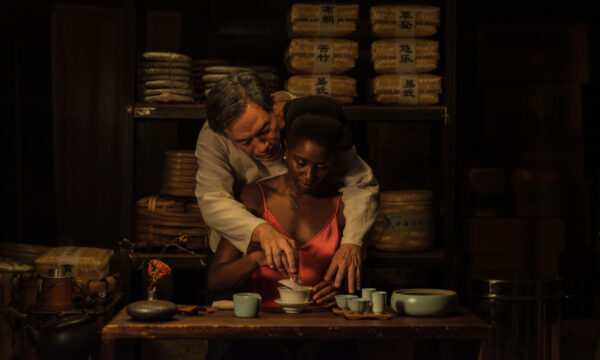
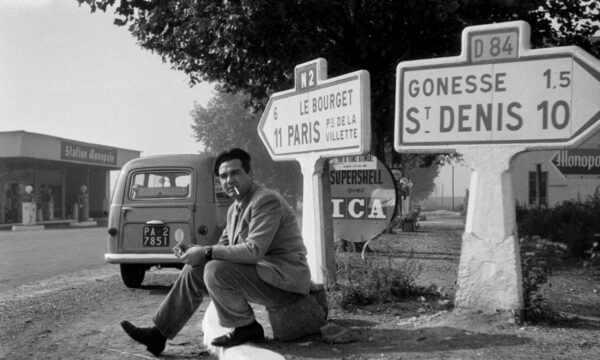
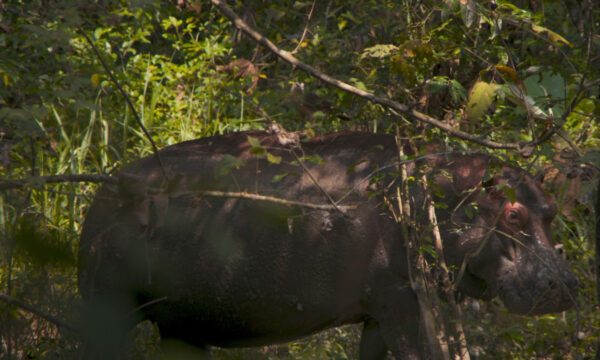
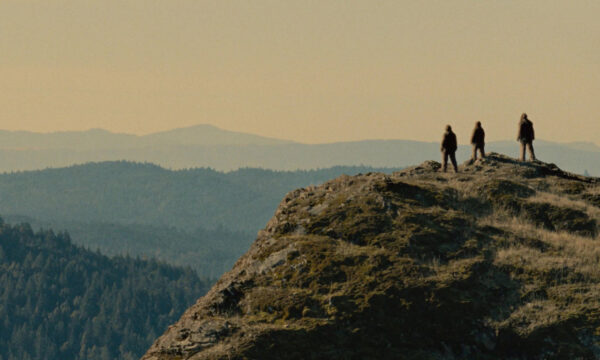
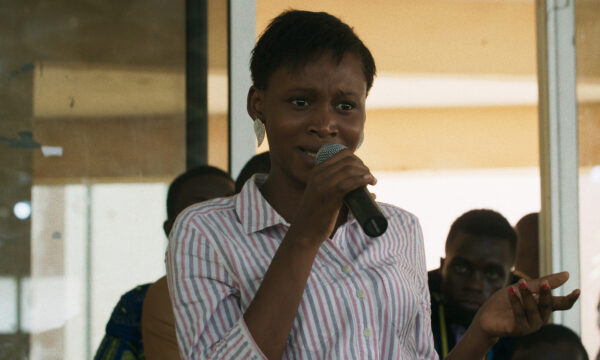











Facebook
Twitter
Instagram
YouTube
RSS